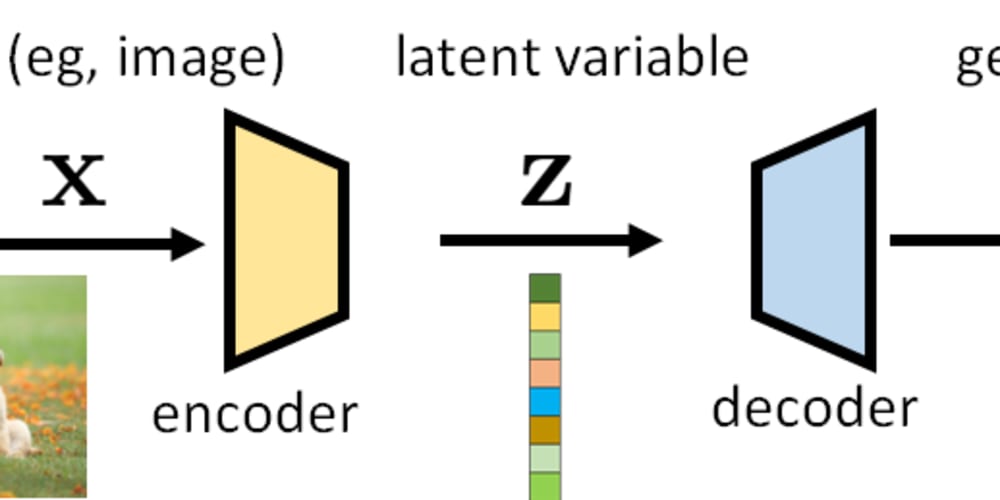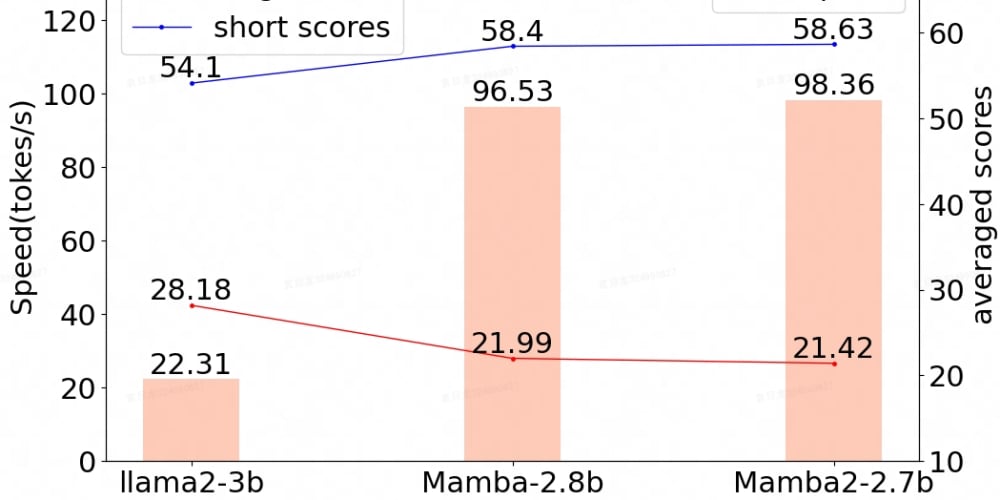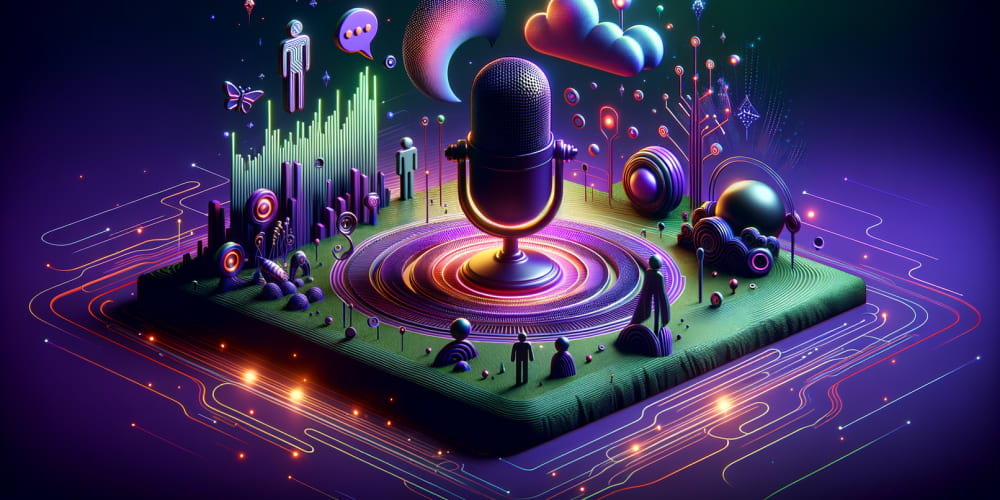This year I've read several books about mathematics, and I'd like to share my experience with you.
A Mind for Numbers, Barbara Oakley
I assumed this book is about mathematics because its title was translated to Russian as "Think like a mathematician" ("Думай, как математик") But it turned out that it is more about studying subjects and gaining skills effectively.
Many people believe that you need a special kind of brain to be technical, but it's a myth and Barbara educates us to get rid of it.
This idea works the other way too: if you believe that you have a "technical" brain, you still can gain softer skills. And for a successful career, we need both.
The practice is more important than "natural" inclinations. In the beginning, learning a new skill is hard, but when you get better at something, you'll likely to enjoy it more.
Barbara tells the story of her career and it's really inspiring, even though I have a totally different path.
From this book, you'll learn more about how our brain works and how to apply this knowledge.
Barbara has several other books and MOOCs on the topic. Here are the courses:
"Mindshift" is a more career-oriented one, I read it last year and it was great. The book contains a lot of similar ideas to the course, but still, it was fun and useful to read.
The Joy of X, Steven Strogatz
Math is often taught in a boring way, and it demotivates students. Steven Strogatz is sure that it can be taught differently so that people will love math and won't be bored... and they definitely won't come up with the conclusion that they need a special talent to be good at math.
The idea is similar to what I've read in ”Mind for numbers”, but while that book is more about the learning process, ”The Joy of X” is about the math itself.
While reading, you'll recall the topics from basic arithmetic to differential equations and operations on infinite sets. Besides theory, the book has a lot of stories from the past and challenges to think on.
The book is more suitable for recalling math and recreational reading than for serious studying. But, it has a lot of links to other books and resources for further learning.
I have discovered this youtube channel about recreational math from the book. I especially enjoyed the story about Living on a Mobius strip ✨
How to Bake Pi, Eugenia Cheng
In recent years I became interested in more abstract parts of math, like category theory. I had studied some of its concepts at university as a part of our "Mathematical logic" course, but while I was good at most of the math topics, abstract parts of it seemed terrifying and vague. We had no idea how these concepts could be used, so it was hard to study them.
But as functional programming became more and more popular, I gained interest in the topic. "How to bake pi" seemed like a nice introduction to it, so I bought a copy, and wasn't disappointed.
Eugenia uses recipes as a metaphor to explain math concepts. But there is not too much cooking info in the book, for me, recipes seem more like an introduction to the chapters. The book is full of entertaining stories and close to life examples, which makes understanding abstract concepts much easier.
I also appreciate that the author explains why we need math in the first place, and what the category theory is.
After reading this book, I became more curious about the topic. If you've read "Category theory for programmers", please share your impressions.
I'm also interested in what tech books are you currently reading, feel free to share!



















